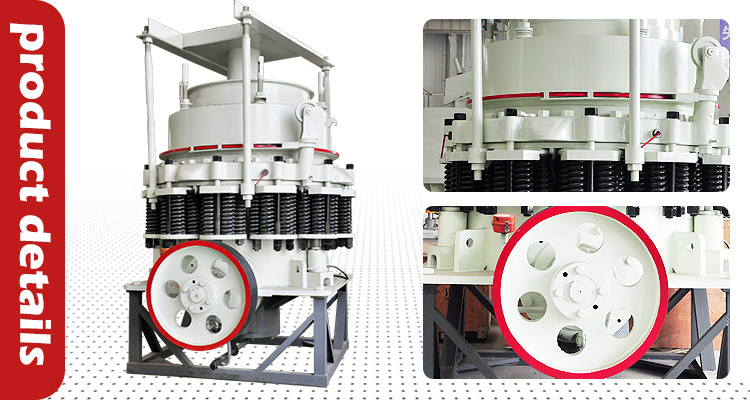Petroleum coke, or pet coke, is a carbon-rich solid material derived from oil refining. It has several industrial uses, primarily as a fuel and as a raw material in various industries. Here are its main applications:
 1. Fuel Source
1. Fuel Source
– Power Generation: Pet coke is burned in power plants to produce electricity, especially in countries with limited coal reserves.
– Cement Industry: Used as a cheaper alternative to coal in cement kilns due to its high calorific value (~8,000–9,000 kcal/kg).
– Industrial Boilers: Some industries use it for steam and heat generation.
2. Steel & Aluminum Production
– Anode Production: Calcined pet coke (CPC) is a key component in making anodes for aluminum smelting.
– Steelmaking: Used as a carbon additive in electric arc furnaces (EAFs) for steel production.
.jpg) 3. Other Industrial Uses
3. Other Industrial Uses
– Graphite Production: High-quality pet coke can be further processed into synthetic graphite for batteries (e.g., lithium-ion batteries).
– Chemical Industry: Used as a feedstock for producing carbon electrodes and other carbon-based materials.
Environmental Concerns
– Pet coke has high sulfur content (up to 7%), leading to SO₂ emissions when burned without proper scrubbing.
– Some countries restrict its use due to pollution concerns.
Would you like details on a specific application?




